
🌐 https://dylanpadilla.netlify.app/ | 🌐 https://www.youtube.com/@asnamnat9152/shorts
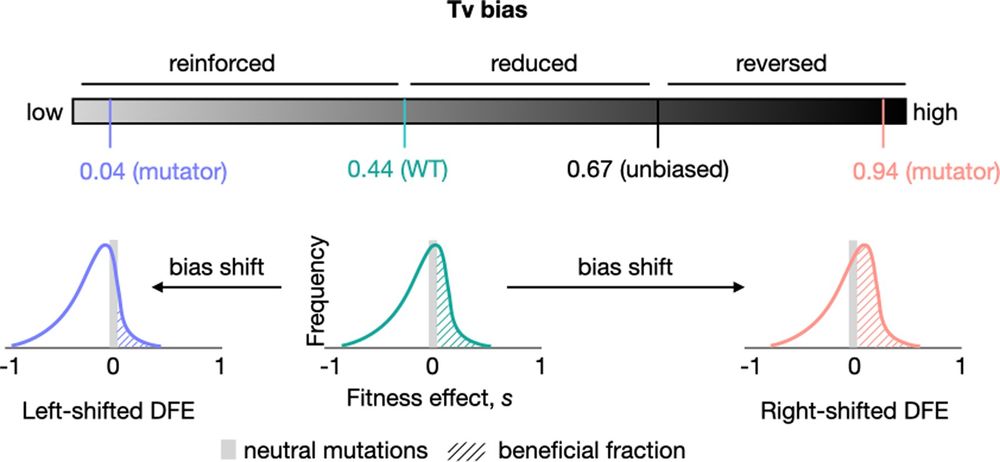
Photo: Benny Mazur/Wikimedia
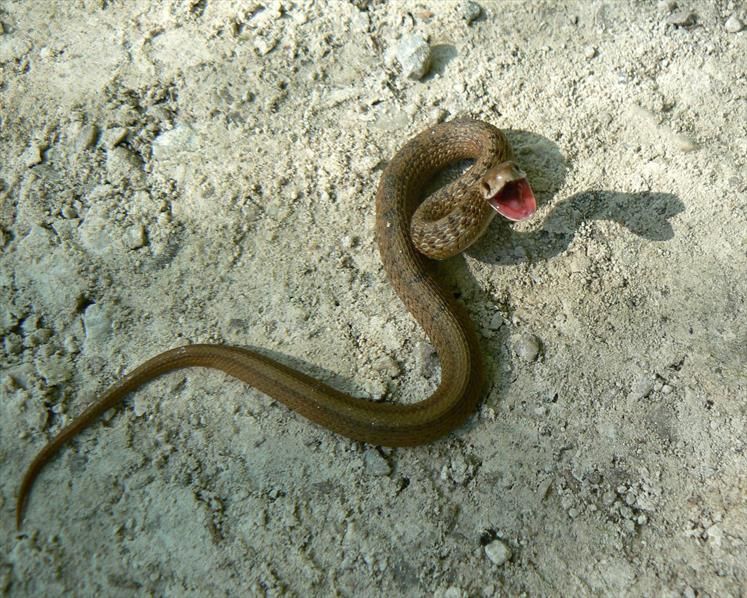
Photo: Benny Mazur/Wikimedia

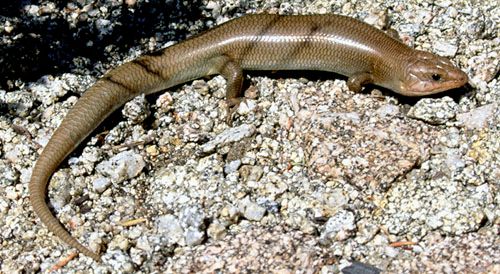
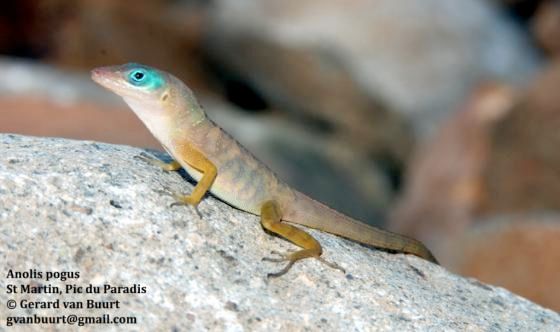


Higher diversification is associated with both active and plastic foragers
#Evol2025 #Evol25

Higher diversification is associated with both active and plastic foragers
#Evol2025 #Evol25

academic.oup.com/evolut/advan...
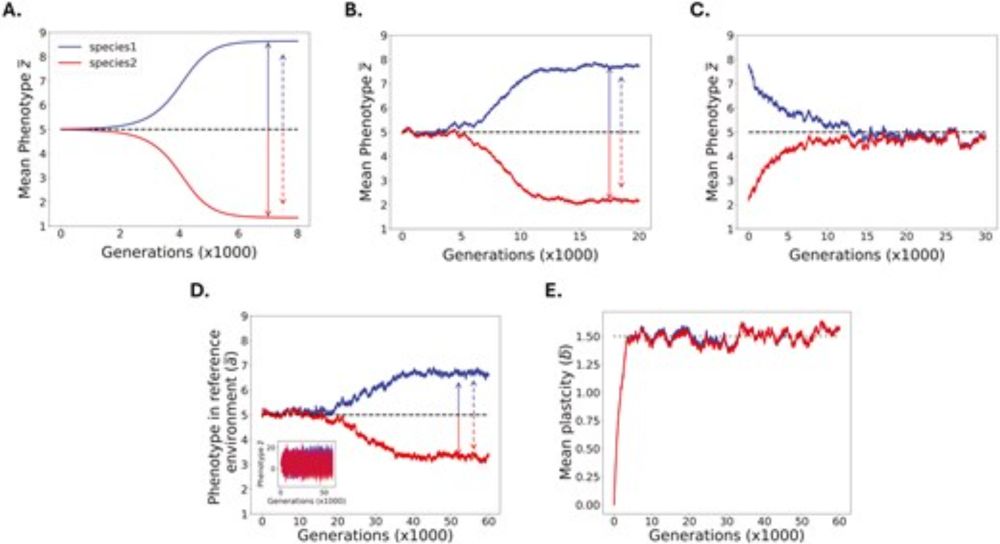
academic.oup.com/evolut/advan...


Introduces a novel HiSSE chromosome model and demonstrates the importance of chrom. evol. in #sedge diversity.
nph.onlinelibrary.wiley.com/doi/10.1111/...

Introduces a novel HiSSE chromosome model and demonstrates the importance of chrom. evol. in #sedge diversity.
nph.onlinelibrary.wiley.com/doi/10.1111/...

onlinelibrary.wiley.com/doi/full/10....
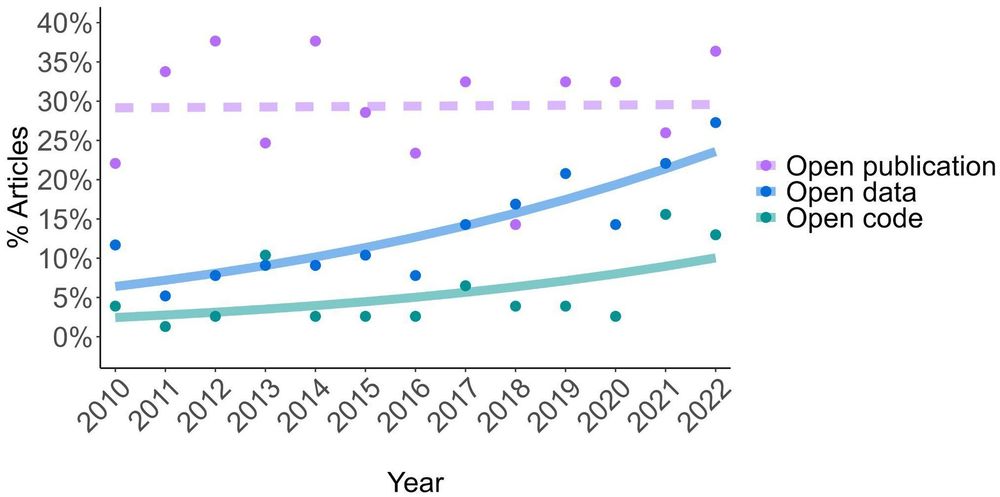
onlinelibrary.wiley.com/doi/full/10....
They were an opportunity to bring the general public to hear a lecture by an eminent scientist that captures the imagination.
They've been held every year since, except for 4 years during WWII.

They were an opportunity to bring the general public to hear a lecture by an eminent scientist that captures the imagination.
They've been held every year since, except for 4 years during WWII.
elifesciences.org/articles/72177

elifesciences.org/articles/72177
What has it been hitherto? Nothing. What does it desire to be? Something 🧪 🌱🐋
pubmed.ncbi.nlm.nih.gov/35532202/

1. Code-sharing: 27% (policy) vs 5% (no policy)
2. Data-sharing: 79% (policy) vs 37% (no policy)
📰 doi.org/10.32942/X21...
1. Code-sharing: 27% (policy) vs 5% (no policy)
2. Data-sharing: 79% (policy) vs 37% (no policy)
📰 doi.org/10.32942/X21...
Designed to improve conservation outcomes in the Endangered corroboree frog, we genotyped >900 frogs, looked at their population structure & diversity…
@keoghlabanu.bsky.social
doi.org/10.22541/au....
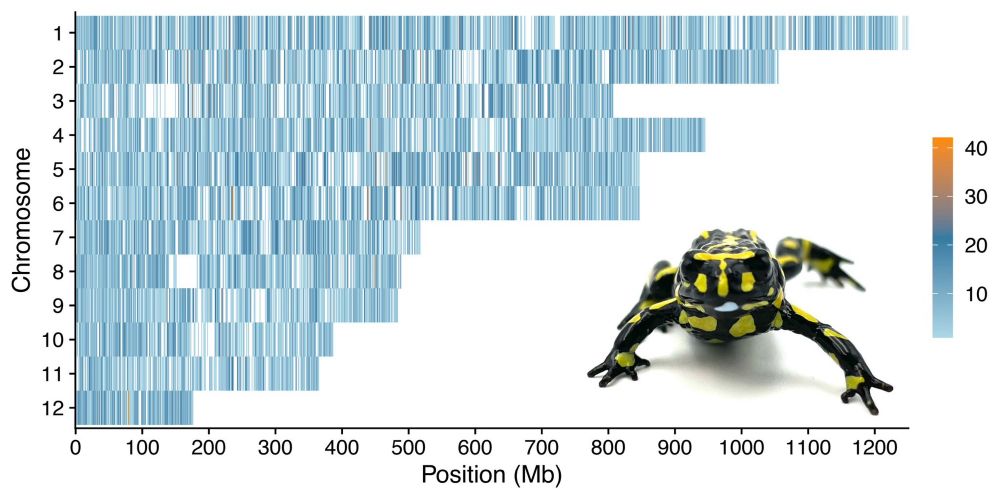
Designed to improve conservation outcomes in the Endangered corroboree frog, we genotyped >900 frogs, looked at their population structure & diversity…
@keoghlabanu.bsky.social
doi.org/10.22541/au....
Does this change over the course of evolution?
Excited to share our work in PLOS Biology exploring these questions in the first 2 adaptive steps w/ Yuping Li, @gsherloc.bsky.social, @petrovadmitri.bsky.social 🧵
doi.org/10.1371/jour...
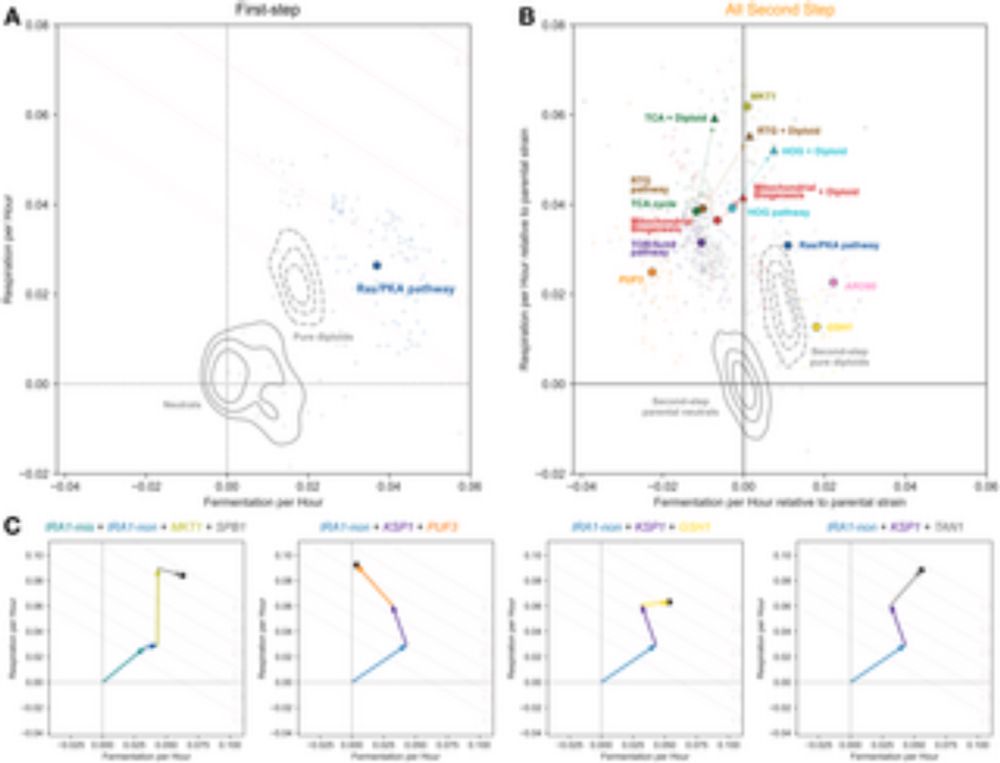
Does this change over the course of evolution?
Excited to share our work in PLOS Biology exploring these questions in the first 2 adaptive steps w/ Yuping Li, @gsherloc.bsky.social, @petrovadmitri.bsky.social 🧵
doi.org/10.1371/jour...

